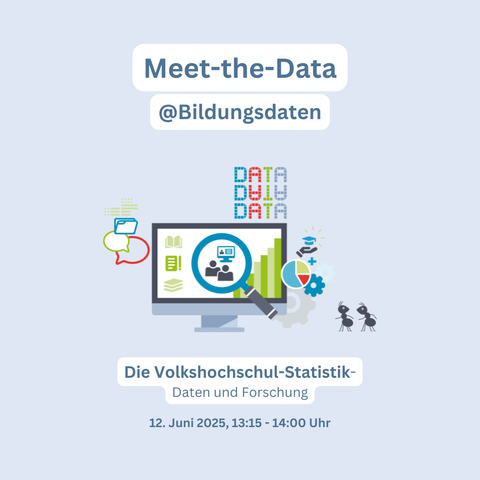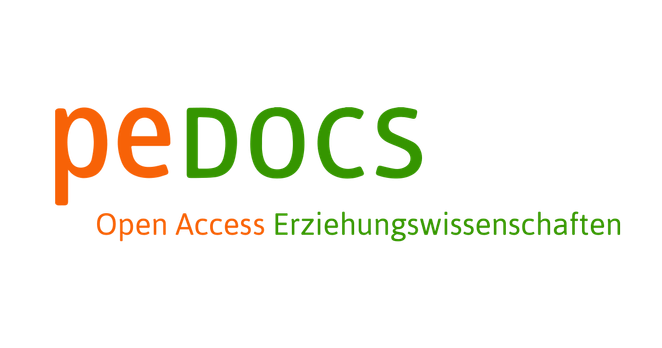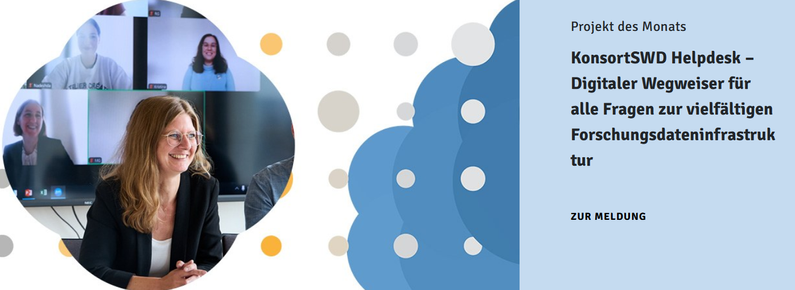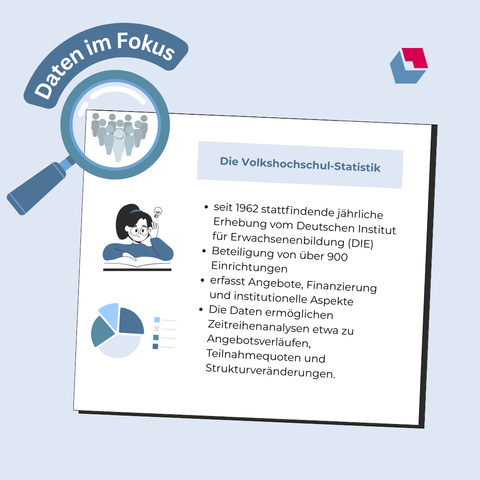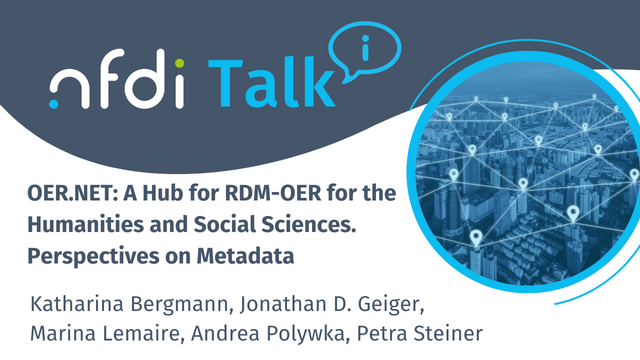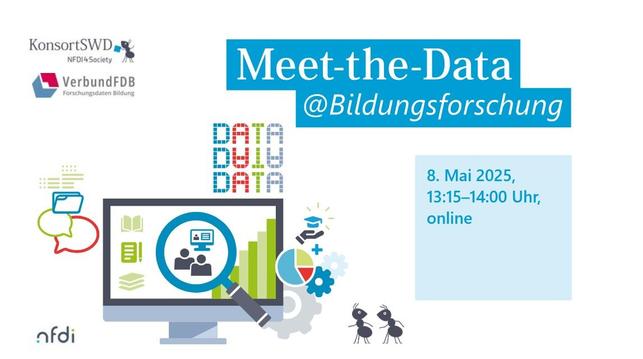#AdultSkills #PIAACResearch #GlobalEducation
The #PIAAC programme by the OECD has reshaped how we assess adult skills globally. A new review of 880 publications shows a young, diverse research field rooted in education, sociology, psychology & economics - yet international collaboration remains limited.
Read the paper:
Maehler, D.B., Hernández-Torrano, D., Courtney, M.G.R. et al. PIAAC Survey of Adult Skills: A review of the research landscape. Int Rev Educ (2025).
https://doi.org/10.1007/s11159-024-10123-4
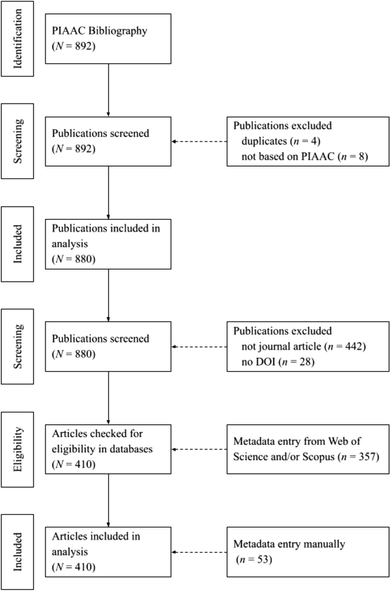
PIAAC Survey of Adult Skills: A review of the research landscape - International Review of Education
The Programme for the International Assessment of Adult Competencies (PIAAC) of the Organisation for Economic Co-operation and Development (OECD) has transformed international research and policy debates on the assessment of adult skills. Although research using PIAAC data is accumulating, little is known about how these data are used and what they contribute to developing the various disciplines interested in adult skills. In this study, a data-driven approach was used to examine PIAAC-based international research to date. Drawing on a comprehensive analysis of 880 publications, the review found that the field of PIAAC research is young and geographically diverse, with dominant contributions from the United States and Germany. While PIAAC research relies on a broad pool of researchers with high collaboration rates, only a quarter of publications involve international collaboration. The analyses also revealed that the development of the field is based on four interrelated disciplines (education, sociology, psychology and economics) and three differentiated historical paths: theoretical and methodological approaches to the measurement of adult skills, cognitive skills and problem solving in technology-rich environments at the workplace, and the role of adult literacy skills for societal and economic development. Moreover, the PIAAC literature addresses a broad range of topics, including cognitive, non-cognitive and basic skills (e.g. literacy and numeracy), human capital, occupational mismatch, migration, “returns to skills”, informal learning and large-scale assessment methodologies. Implications for further development of PIAAC research for users of PIAAC data, data-providing institutions and policymakers are discussed.

